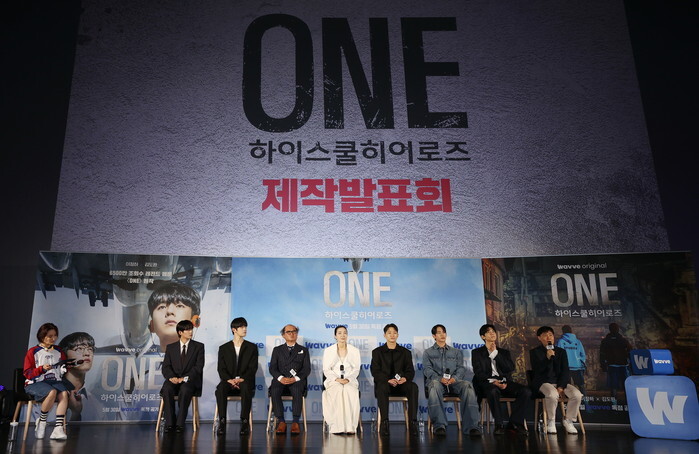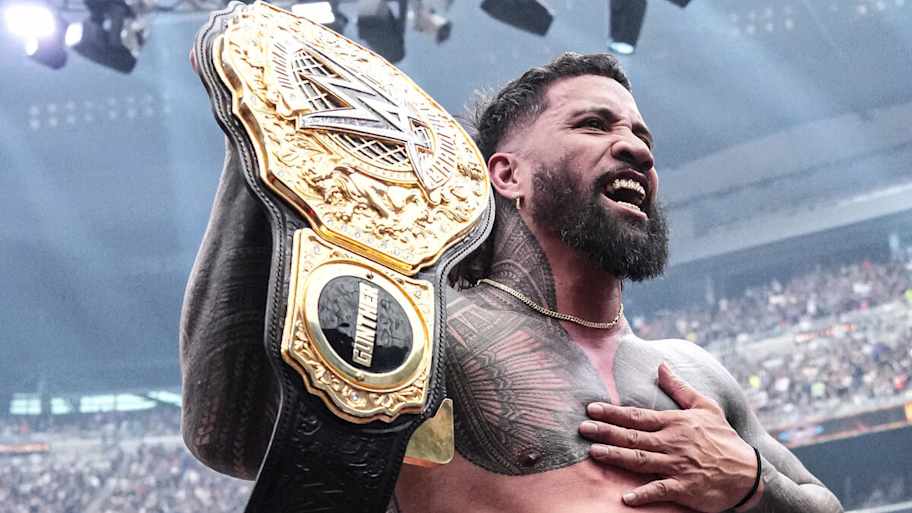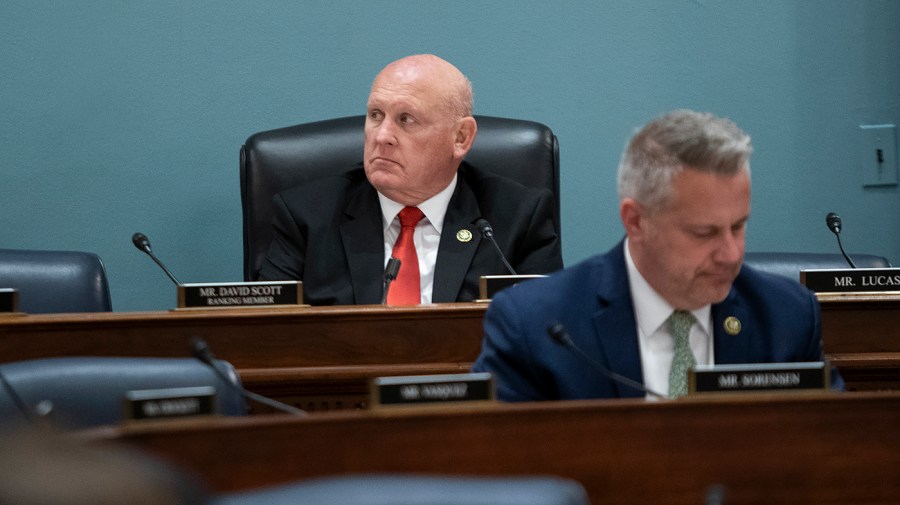Boston Council Approves Ranked-Choice Voting for Local Elections
The Boston City Council approved a
home rule petition
This aims to introduce a ranked-choice voting system for municipal elections, where voters can list candidates according to their preferences instead of selecting just one favorite candidate.
On Wednesday, the Council approved the petition with an 8-4 vote following approximately one hour of discussion regarding the benefits of reforming the city’s voting process.
Mayor Michelle Wu plans to sign the home rule petition, her office said after the vote. The next step would be Beacon Hill. If approved by state lawmakers and signed by the governor, a switch to a ranked-choice voting system would also need to be OK’d by city voters, in a ballot referendum.
If it overcomes all these obstacles, ranked-choice voting will be introduced for mayoral and city council elections starting as early as 2028 or 2029, stated Gabriela Coletta Zapata, who led the hearings on the petition.
The initiative was spearheaded by Council President Ruthzee Louijeune and supported by fellow progressive Democratic council members Julia Mejia and Henry Santana.
“This is an exciting day for the city of Boston, so it’s an exciting day for democracy and for what it looks like to bring people closer to democracy,” Louijeune said. “We know ranked-choice voting works and it’s straightforward.
“This is about making sure that we are building a better democracy by electing candidates who are able to build a broad majority of support, who are not just speaking to their base, who are not just speaking to extremists, but who are doing the work necessary to build broad coalitions, and to represent everyone in a district,” she added.
The measure was opposed by the Council’s three moderate Democrat councilors, John FitzGerald, Ed Flynn and Erin Murphy, along with Sharon Durkan.
Much of their argument centered around how complicated they thought the proposed voting system would be for residents, particularly for those who aren’t as well-versed in the English language.
“Implementing ranked-choice voting would add unwarranted complication to the electoral process, possibly bewildering voters and further excluding those who are already disadvantaged, especially older individuals and people for whom English is not their primary language, precisely when our focus should be on making voting more inclusive,” Murphy stated.
Flynn also spoke of the
confusion it would create
at a time when the city’s Elections Department is
under state receivership
after its failures last fall.
“I don’t want to set us up for failure,” Flynn said. “That’s what we’re doing if we vote today to implement ranked-choice voting. Yes, there’s an election coming up. Yes, people want to support ranked-choice voting. It helps them politically.
“I understand that, but at some point we have to do what’s best for the residents of Boston, and to provide them with the positive leadership that they elected us to do. We know this system is going to fail,” he said.
Durkan also spoke of how “complicated” she thought ranked-choice voting would be, and said that even if the Council were to approve it, there’s not enough support at the State House for it to pass there.
“This doesn’t have much of a future at the State House,” Durkan stated, referencing discussions she’s had with two state legislators representing portions of her Beacon Hill and Back Bay-focused council district.
The council members supporting this shift argue that the community desires ranked-choice voting.
A previous ballot initiative aimed at establishing a statewide ranked-choice voting system failed.
defeated by Massachusetts voters
, by a 55% to 45% margin, in 2020. Louijeune and other
proponents are banking on
The 62% of Boston voters who backed that ballot measure serves as evidence that it might succeed in a citywide vote.
Should approval occur, ranked-choice voting will apply to mayoral and district city council contests during special and general elections with at least three contenders. Instead of selecting just one favorite candidate, voters can now prioritize up to four candidates based on their preferences.
If no candidate obtains over 50% of the initial preference votes, the individual with the least number of votes gets eliminated, and those votes get reallocated to the subsequent highest-priority viable contender listed on each ballot. This procedure continues through multiple stages until a single candidate achieves a majority and is proclaimed victorious, as explained in a committee report read aloud by Coletta Zapata during the gathering for the day.
Related Articles
-
The Boston City Council has blocked a resolution aimed at removing the disgraced Tania Fernandes Anderson.
-
Boston reaches agreement to create union employment openings for Madison Park graduates.
-
Boston City Hall $147K attorney placed on paid leave after announcing bid to challenge Mayor Wu
-
Boston City Council set to vote on move to ranked-choice voting system for local elections
-
Boston Water and Sewer says it fired embattled HR director amid civil fraud complaint
It would increase the number of candidates who advance from the preliminary to general elections for mayor and district city council, from two to four.
The suggested system would similarly apply to the at-large council race, with the four candidates receiving the most votes being elected under the current method, according to Coletta Zapata’s report for the general election.
For many years, we’ve strived to introduce ranked-choice voting in the city of Boston as part of an effort grounded in the conviction that elections ought to genuinely represent the entire spectrum of voices within our community,” stated Mejia. “We find ourselves at a moment characterized by profound skepticism. At this juncture, it has never been more critical for us to provide voters with a clear path to leaders who are truly representative, attentive, and answerable.
©2025 MediaNews Group, Inc. Featured at Big One News. Delivered by Tribune Content Agency, LLC.





